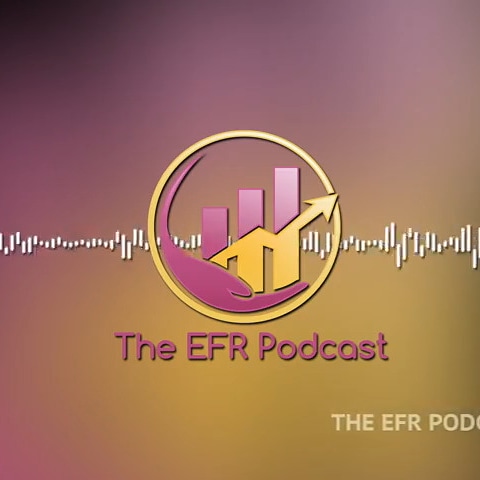
1) With the recession from the Covid-19 came predictions of waves of bankruptcy filings as businesses, large and small, failed. But that wave of bankruptcy has not materialized, and so far, there’s no sign that it will, indeed bankruptcies are down a little from last year. This is a good sign that companies and households are not as stressed as many economist feared. However, bankruptcy filings aren’t a perfect measure of hardship, with many companies barely hanging on, so bankruptcies may still be coming. Many small businesses and households go bust without ever formally filing for bankruptcy.
2) The four massive high tech companies, Google, Amazon, Apple and Facebook are under investigation at Federal and State levels for antitrust. These investigations are spurred by concerns that competition is being stifled by the domination of these companies, but there are concerns that the big tech is trying to also stifle conservative voices. Google is facing a relatively narrow complaint from the Justice Department that it seeks to disadvantage rivals in search and advertising. The focus on Apple is their apps store with accusations that Apple introduces new products and then put out apps that compete with them. Facebook has raised concerns over how they treat some of their app developers on its platform and therefore engaged in unlawful monopolistic practices. Amazon is suspected of conflict of interest in competition with small sellers on its marketplace platform.
3) Silicon Valley companies are thinking about the future of work taking actions from pay cuts to permanent work-from-home as they strive to cope with the coronavirus crisis. The big tech companies have formed various plans for the future of work. Some companies, (Twitter and Slack), said their employees never need to return to the office, while others, such as Microsoft, are adopting a hybrid model where employees report to the office only a few days a week. Amazon and Salesforce are adopting new benefits to help out working parents, such as subsidized back-up childcare and extended paid leave, while Facebook, employees may work from home permanently. However, if they leave the Bay Area for a less expensive city, they’ll may face a pay cut. Silicon Valley may bear little resemblance to the thriving hub before the pandemic. Tech companies have largely shut down their sprawling campuses and asked employees to work from home — in some cases, forever. When those offices reopen office life is unlikely to resemble the past. Companies may change their real estate plans, opting instead for a new type of office, or none at all.
4) Stock market closings for – 9 OCT 20:
Dow 28,586.90 up 61.39
Nasdaq 11,579.94 up 158.96
S&P 500 3,477.13 up 30.30
10 Year Yield: up at 0.78%
Oil: down at $40.52
